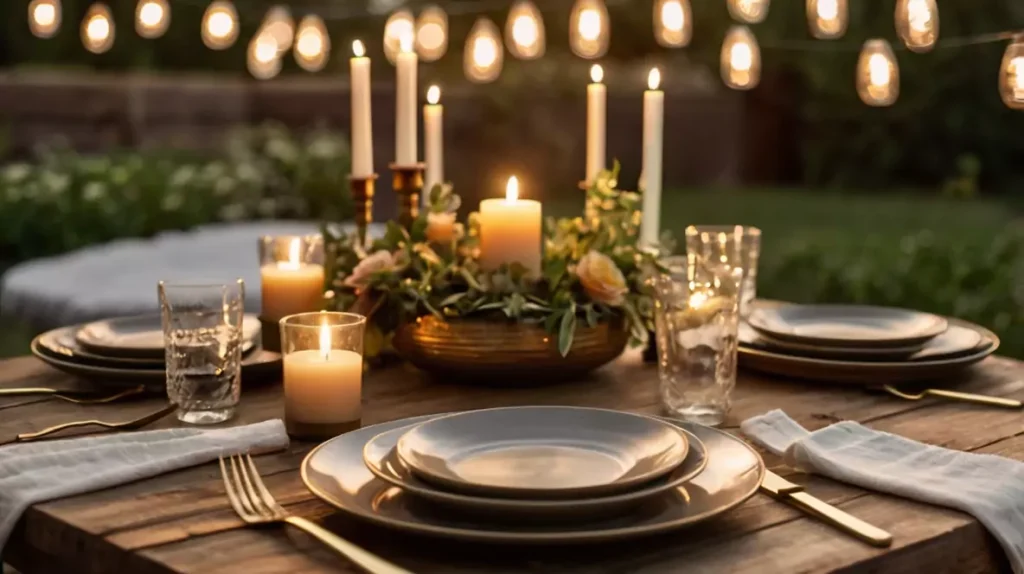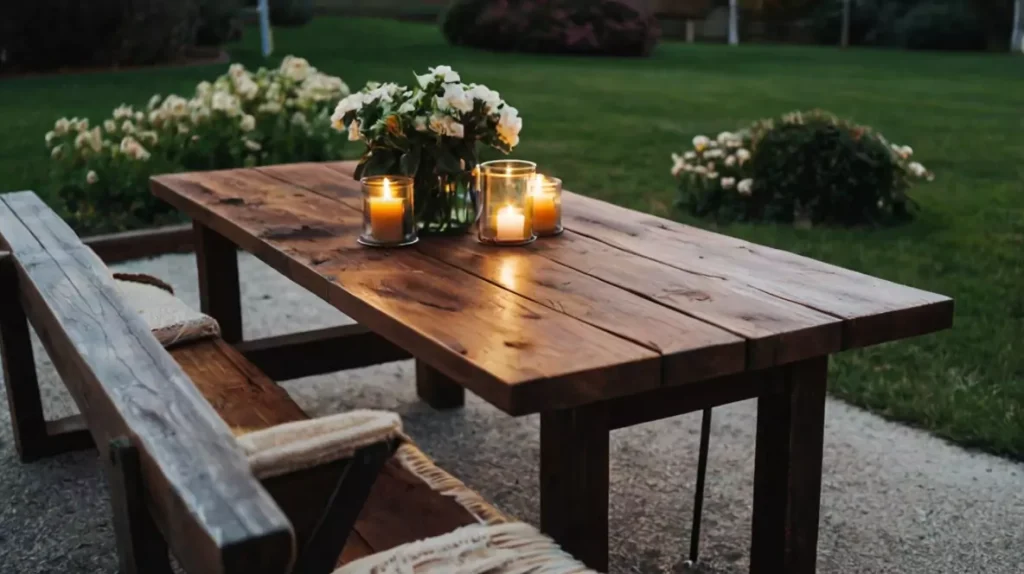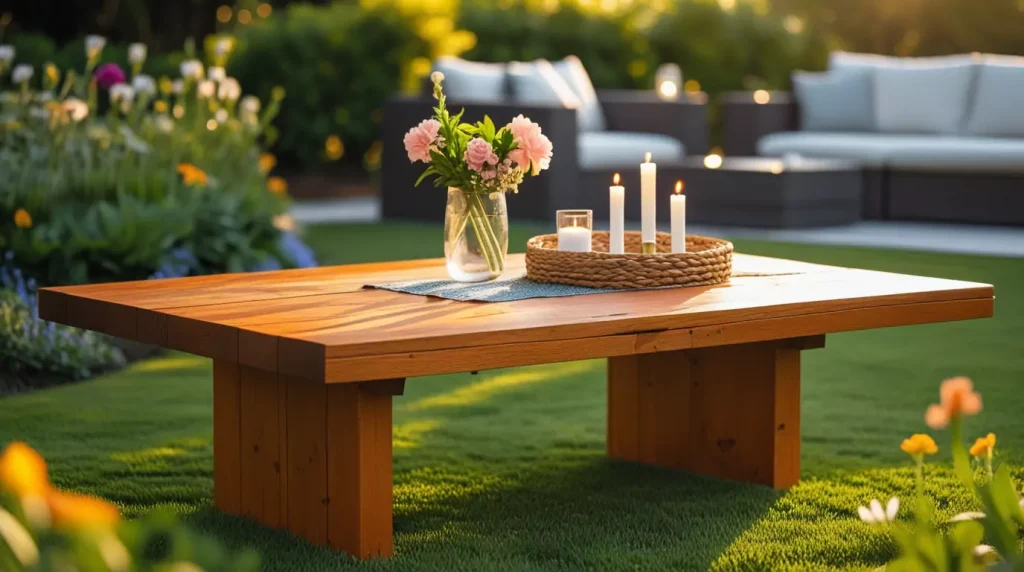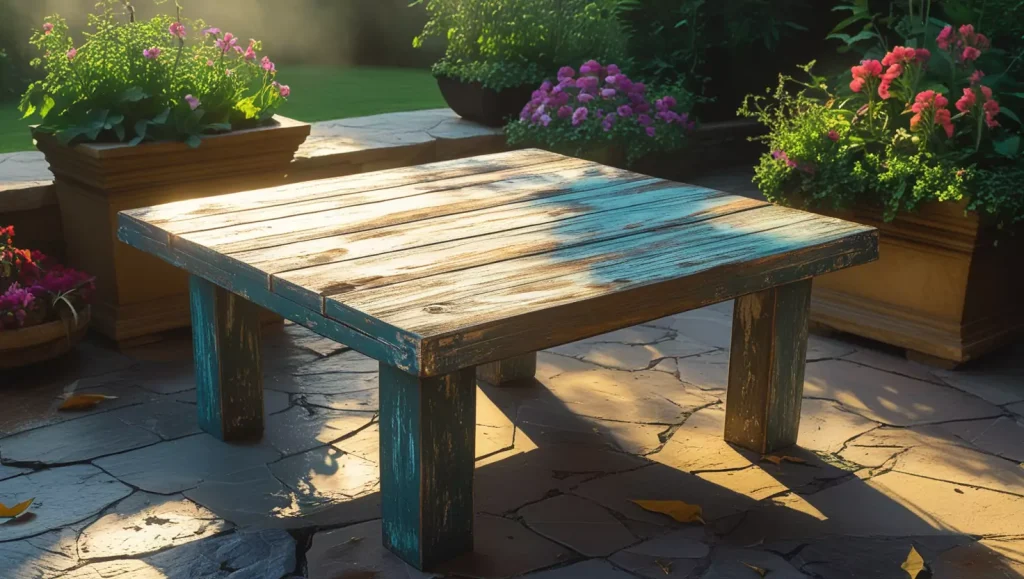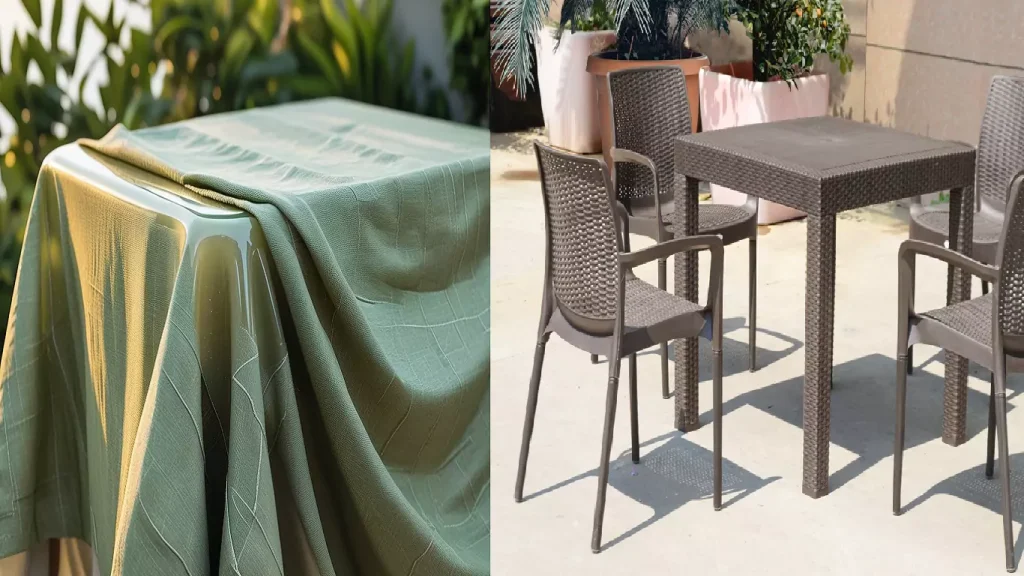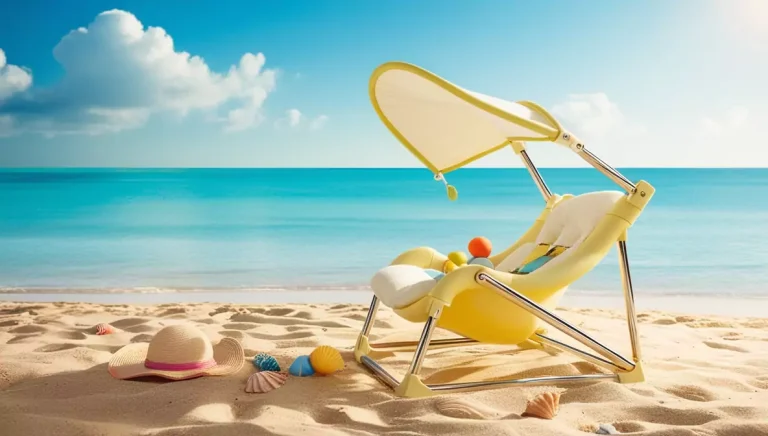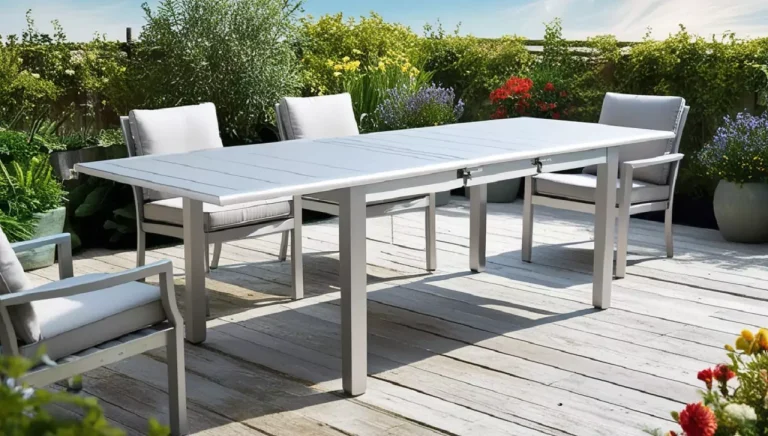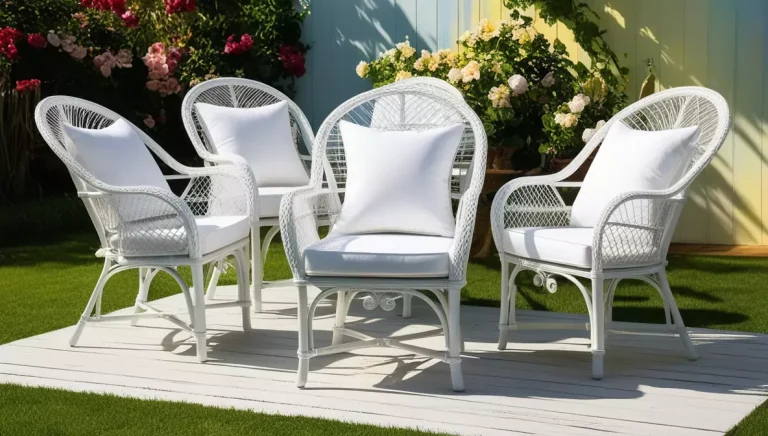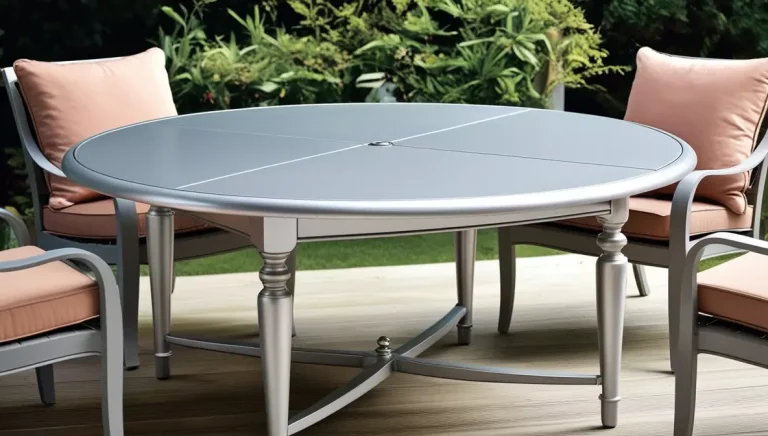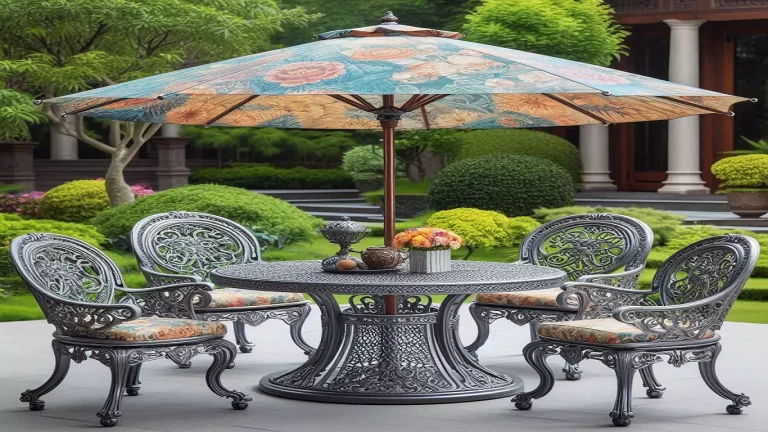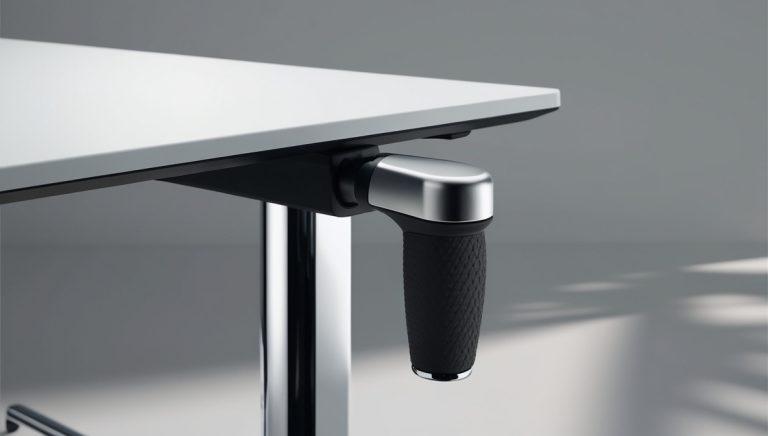What Experts Really Do Recommend As Best Material for Garden Table
Choosing the best material for your garden table is not just about aesthetics; it’s about ensuring that your outdoor furniture withstands the test of time, weather, and regular use.
As a place for family and friends to congregate, your garden table often functions as the focal point of your outdoor living area.
Therefore, it’s essential to pick a material that complements the style of your garden while being durable, easy to maintain, and capable of handling different environmental conditions.
In this blog, we’ll discuss the best materials for garden tables, their suitability for various climates, the impact on comfort and beauty, and expert recommendations to help you make an informed choice.
Importance of Material for Garden Tables
The material of your garden table plays a critical role in several factors:
- Durability: Outdoor furniture is exposed to various elements—rain, sun, wind, and even snow. The material of the table will determine how well it stands up to these weather conditions and how long it lasts.
- Maintenance: Some materials require more upkeep than others. Understanding how much time and effort you’re willing to invest in maintenance is key when selecting your garden table material.
- Aesthetics: The material contributes significantly to the look and feel of your garden space. Whether you’re going for a rustic, modern, or classic style, the material should complement your garden’s aesthetic.
- Comfort: Your garden table should not only look good but also offer comfort, especially if it’s paired with seating.
Choosing the best material for a garden table means balancing these factors to suit your personal preferences and the specific conditions of your outdoor environment.
Best Materials for Garden Tables
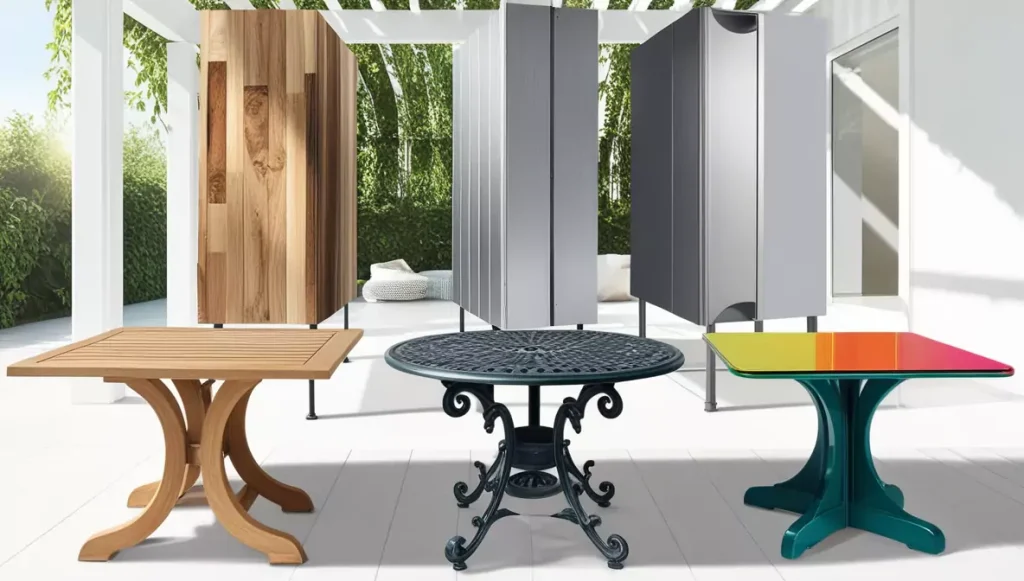
Outdoor environments can vary widely, and certain materials perform better in specific conditions. Let’s explore some of the best materials for garden tables, depending on the climate and location of your garden.
Teak
The teak is widely regarded as one of the best materials for garden tables, particularly in regions with high humidity or frequent rainfall. As teak contains a lot of oil, it is inherently resistant to rot, water, and insects. This durability allows it to maintain its integrity even in wet environments.
- Advantages: Teak’s natural oils also protect the wood from warping and cracking, making it one of the longest-lasting outdoor furniture materials.
- Maintenance: Teak hardly need care, yet with time, it acquires a stunning silvery-gray patina. If you prefer its original honey-golden color, regular oiling is required.
Teak garden tables are ideal for those looking for a durable, elegant, and weather-resistant option.
Cedar
For garden tables, cedar is another great material, especially in colder climes. It’s a fantastic option for patio furniture due to its natural resistance to rot and insects. Cedar ages wonderfully and is lightweight and resilient, in contrast to some other types of wood.
- Advantages: Cedar is naturally insulating, meaning that it stays cooler in the summer and warmer in the winter—an ideal choice for year-round outdoor use.
- Maintenance: Cedar garden tables require some maintenance, especially if exposed to direct sunlight. Stain or seal can preserve the wood’s look.
Cedar is favored for its rustic charm and ability to withstand the elements, making it one of the best materials for garden tables in temperate climates.
Aluminum
For those living in coastal areas or regions prone to high winds, aluminum is an excellent material for garden tables. Aluminum doesn’t rust, is lightweight, and needs very little upkeep. It won’t corrode when exposed to salty air, making it ideal for seaside homes.
- Advantages: Aluminum garden tables are lightweight, easy to move, and often available in various powder-coated colors, adding versatility to your outdoor decor.
- Maintenance: Since aluminum doesn’t rust, it requires very little upkeep. It only needs to be cleaned with soap and water to maintain its appearance.
Aluminum tables often come with cushioned seating, which enhances comfort, making them both practical and stylish for coastal gardens.
Wrought Iron
Wrought iron garden tables are known for their classic, intricate designs, making them a popular choice for elegant outdoor spaces. Despite being appropriate for most climates, wrought iron does need to be maintained frequently to avoid rust, especially in humid or rainy regions.
- Advantages: Wrought iron is extremely sturdy and can withstand strong winds, making it ideal for open or exposed garden areas.
- Maintenance: To keep a wrought iron garden table looking pristine, you’ll need to apply a rust-resistant coating periodically.
The timeless appeal of wrought iron makes it one of the best materials for garden tables if you’re seeking a durable and aesthetically pleasing option, but it does require more care compared to other materials.
Synthetic Resin
Synthetic resin garden tables are a fantastic option for any environment. These tables are usually made from weather-resistant, UV-stabilized resin, which ensures they won’t fade, crack, or warp even in extreme temperatures.
- Advantages: Synthetic resin is lightweight, durable, and available in a variety of colors and designs. Its low maintenance requirements and resistance to mold and mildew make it perfect for hectic homes.
- Maintenance: There is very little maintenance needed for these tables. Usually, they may be kept clean with just a quick wash with soap and water.
For those who want a stylish, modern look with minimal maintenance, synthetic resin is among the best materials for garden tables.
Materials That Enhance Comfort
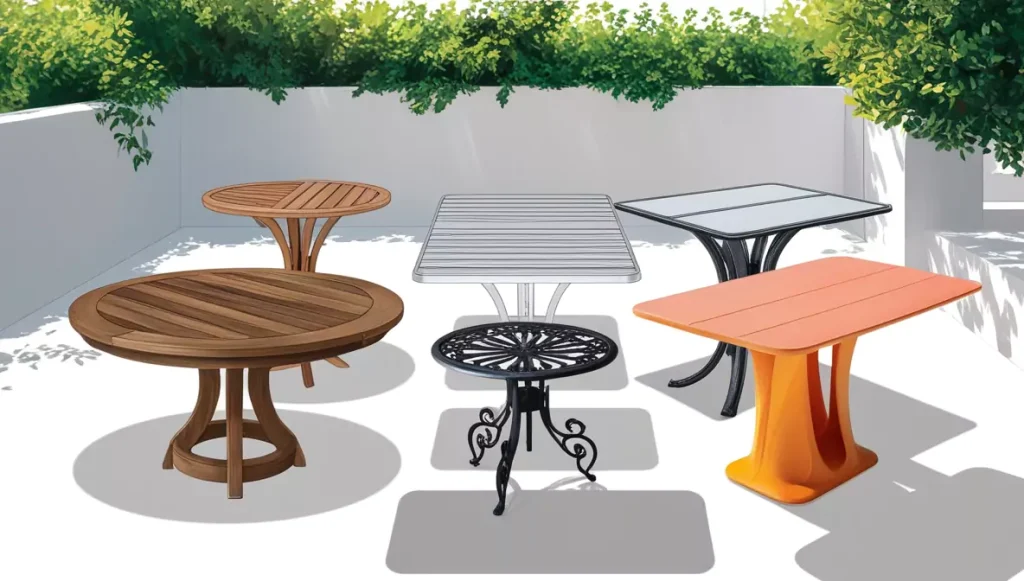
Comfort is an essential consideration when choosing the best material for your garden table, especially if it’s frequently used for outdoor dining or lounging.
Teak and Cedar
Both teak and cedar offer a warm, natural feel that is comfortable to the touch. These woods don’t retain heat excessively, making them ideal for seating even in hot weather. Additionally, their natural oils and insulating properties contribute to a pleasant seating experience.
Aluminum
While aluminum can be slightly cold to the touch, it’s often paired with soft, cushioned seating that enhances comfort. Many aluminum garden tables are designed with ergonomics in mind, offering a balance of lightweight functionality and comfort.
Synthetic Resin
Synthetic resin can be molded into ergonomic designs, providing comfortable seating options. Its ability to adapt to different forms allows for the creation of tables that offer both style and comfort, without the need for additional cushions.
Materials That Enhance Aesthetics
The aesthetic appeal of your garden table is as important as its functionality. The overall feeling and appearance of your garden area can be greatly altered by the material you select.
Teak
One of the most appealing aspects of teak is its ability to develop a stunning silvery patina as it ages. This natural weathering process enhances the wood’s beauty, making it a favorite among those who prefer a rustic, natural look.
Wrought Iron
Wrought iron is known for its elegant, intricate designs, which can add a classic, romantic feel to any garden. The heavy, ornate look of wrought iron tables pairs beautifully with vintage or traditional garden styles.
Synthetic Resin
For those who prefer a more modern aesthetic, synthetic resin tables come in a wide array of colors, styles, and textures. This material can mimic the look of wood, metal, or wicker, providing endless possibilities for customization.
Expert Recommendations on the Best Material for Garden Tables
When it comes to expert recommendations, teak consistently stands out as the best material for garden tables due to its longevity, beauty, and minimal maintenance.
Teak’s ability to withstand a variety of weather conditions while maintaining its structural integrity makes it a top choice for many homeowners.
Aluminum and synthetic resin are also highly recommended by experts for those seeking low-maintenance options that offer versatility and durability in different climates.
Most Popular Material for Garden Tables
Without a doubt, teak remains one of the most popular materials for garden tables worldwide.
Both homeowners and architects find it to be an exceptional option due to its remarkable balance of weather resistance, natural beauty, and durability. While other materials like aluminum and synthetic resin offer more budget-friendly alternatives, teak’s reputation for excellence is unmatched.
So Our Gain Overall!
Choosing the best material for your garden table is a decision that balances aesthetics, durability, comfort, and maintenance.
Whether you choose the classic elegance of teak, the lightweight usefulness of aluminum, or the contemporary adaptability of synthetic resin, choosing the correct material will guarantee that your garden table is a gorgeous and functional addition to the garden that will last for many years.
Consider the climate, the amount of maintenance you’re willing to do, and the overall look you want to achieve, and you’ll be sure to find the perfect material to enhance your garden.

